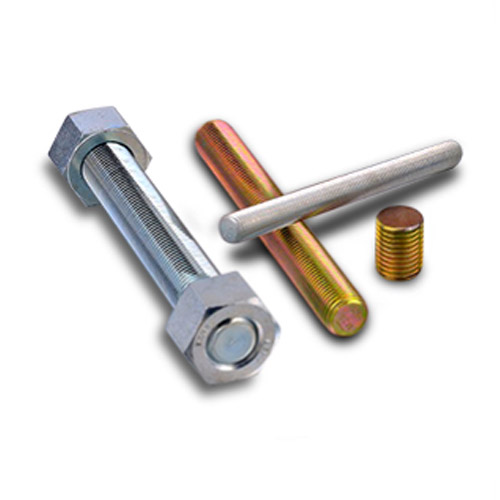Top Fasteners for Installing Shower Doors Effectively and Securely
Oct . 13, 2024 10:37 Back to list
Top Fasteners for Installing Shower Doors Effectively and Securely
The Best Screws for Shower Doors A Comprehensive Guide
When it comes to installing a shower door, selecting the right screws is as crucial as choosing the door itself. Properly chosen screws not only ensure a secure installation but also enhance the shower door's longevity and performance. In this article, we will explore the best screws for shower doors, discuss material types, and provide installation tips to ensure a flawless setup.
1. Understanding the Requirements
Shower doors are exposed to moisture, heat, and constant use, which demands that the screws used in their installation are both strong and resistant to corrosion. When selecting screws, consider the type of shower door you are installing, whether it’s a framed, semi-framed, or frameless model. Each design may have specific screw requirements based on weight and functionality.
2. Material Matters Best Types of Screws
Stainless Steel Screws Stainless steel screws are widely acclaimed as the best option for shower door installations. They offer excellent resistance to rust and corrosion, which is vital in such a wet environment. Look for Type 304 or Type 316 stainless steel screws; Type 316 is particularly suited for coastal areas due to its superior resistance to saltwater.
Brass Screws Brass screws are another option, known for their strength and resistance to corrosion. While they can withstand rust, they may not be suitable for all environments, especially those with high humidity levels. Brass screws can be a good choice for decorative elements, such as trim or handles.
Plastic Screws In some cases, especially when attaching lightweight shower doors or components, plastic screws may be used. They are rust-proof and won't corrode, but they may lack the strength needed for heavier doors. It’s best to reserve plastic screws for lighter applications or supplementary fixtures.
best screws for shower door

The size of the screw is equally critical. Typically, screws for shower doors range from 8 to 12 in gauge size, but the exact size may depend on the door's weight and frame.
- Screw Length It’s important to choose a length that allows the screw to penetrate the mounting surface securely. Usually, around 1.5 to 2 inches in length will suffice for most installations, ensuring a firm grip without protruding through the other side. - Thread Type Choose screws with coarse threads for a stronger grip in softer materials, while fine threads are better for harder materials. For instance, if you are securing a door into tile or concrete, coarse threads will provide better hold.
4. Installation Tips
- Drill Pilot Holes To avoid the risk of cracking tiles or damaging the wall behind, always drill pilot holes first. This practice will guide the screws and prevent them from splitting the material they are being driven into.
- Use Sealant Applying a silicone sealant around the screw holes can enhance longevity by preventing moisture from seeping through and causing corrosion.
- Regular Maintenance After installation, maintain the screws by periodically checking for rust or loosening. Tightening screws as needed can prevent door misalignment or unexpected failures.
5. Conclusion
Choosing the best screws for your shower door installation is integral to a successful and long-lasting project. Stainless steel screws are generally the best option, given their durability and resistance to corrosion. Along with meticulous installation practices, selecting the right materials and tools can make a significant difference in the outcome of your shower door project. By following these guidelines, you’ll ensure that your shower door remains secure and functional for years to come.
Latest news
-
High-Quality Panel Stud Bolt Reliable Panel Stud Bolt Factory & Suppliers
NewsJul.08,2025
-
High-Precision Fine Thread Locknuts Manufacturer & Supplier Custom Solutions
NewsJul.08,2025
-
PH Imperial Stud Bolt – High Strength Fasteners from Leading Supplier & Factory
NewsJul.07,2025
-
High-Quality Allen Wrench Bolts Leading Factory, Company & Suppliers
NewsJul.07,2025
-
Wholesale Ball Stud Bolt - High Quality Supplier & Factory Price Reliable Wholesale Ball Stud Bolt Company
NewsJul.06,2025
-
High-Strength Alloy Bolts Manufacturer & Supplier Quality Alloy Fasteners Factory
NewsJul.06,2025
